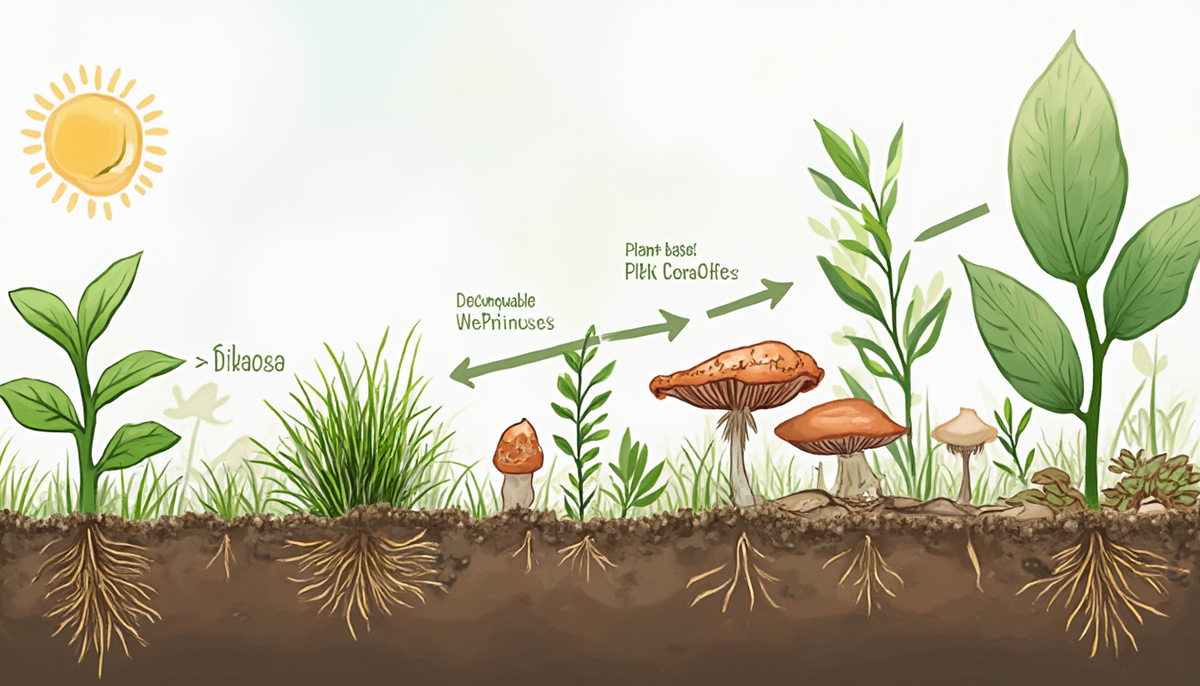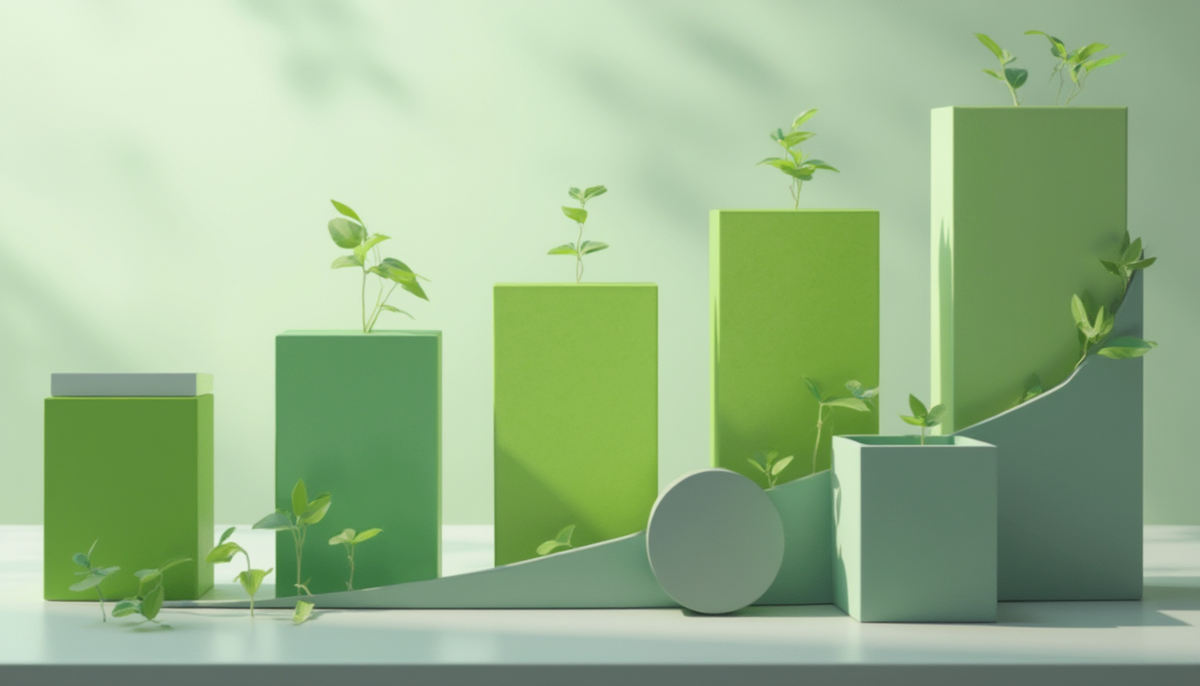Exploring the shift towards sustainable solutions in packaging, biodegradable materials offer a promising path to reducing our environmental footprint. This post delves into the advantages of biodegradable packaging, highlighting its role in decreasing waste and greenhouse gas emissions, and transforming waste management practices worldwide.
Key Takeaways
- Environmental benefits – Biodegradable packaging reduces landfill waste and greenhouse gas emissions.
- Reduction in carbon footprint – Utilizing biodegradable materials can significantly cut carbon emissions associated with packaging.
- Innovative materials – Developments in plant-based and compostable packaging materials are revolutionizing the industry.
- Consumer influence – Increased consumer demand is driving the adoption of sustainable packaging solutions.
- Economic implications – Though costlier, the long-term environmental savings of biodegradable packaging are substantial.
Table of Contents
- Environmental Impact of Traditional Packaging
- The Shift to Biodegradable Packaging
- Environmental Benefits of Biodegradable Packaging
- Real-world Applications and Success Stories
- Challenges and Considerations
- The Future of Packaging
Environmental Impact of Traditional Packaging
Traditional packaging solutions, primarily derived from non-renewable resources like petroleum, pose significant environmental challenges. These materials contribute heavily to landfill waste, are a source of marine and terrestrial pollution, and require intensive energy consumption during production.

The Shift to Biodegradable Packaging
Driven by regulatory pressures and growing consumer awareness, the packaging industry is increasingly turning to biodegradable materials. These materials, such as polylactic acid (PLA) and mushroom-based packaging, offer a reduced environmental impact through their ability to decompose naturally and return nutrients to the earth.

Environmental Benefits of Biodegradable Packaging
Biodegradable packaging plays a crucial role in minimizing waste generation. It degrades without leaving harmful residues and significantly cuts down greenhouse gas emissions associated with waste management. Moreover, the use of renewable resources limits the depletion of non-renewable resources.

Real-world Applications and Success Stories
Companies worldwide are adopting biodegradable packaging solutions with great success. For example, a major coffee chain has shifted to plant-based cups, leading to a substantial reduction in their carbon footprint and waste production.
Learn more about innovative solutions for plastic pollution.
Challenges and Considerations
Transitioning to biodegradable packaging is not without challenges. Higher costs, potential impacts on product shelf life, and regional variances in compost facility availability are significant hurdles. Moreover, the environmental benefit balance may depend on proper disposal and industrial composting facilities.
Explore how biodegradable plastics are revolutionizing sustainability.
The Future of Packaging
With ongoing advancements in materials science and greater regulatory support, the future of packaging is leaning increasingly towards sustainability. As more businesses embrace eco-friendly solutions, biodegradable packaging is set to become more commonplace, aligning with global sustainability goals.
Discover more about embracing Zero Waste Living to protect our environment.
Conclusion
The move towards biodegradable packaging is a critical step in addressing the global waste crisis. By adopting sustainable materials, businesses and consumers can contribute to a healthier planet. Embrace the change and support initiatives that promote sustainable practices.
Get involved in the sustainable revolution by visiting Bhumi’s donation page or explore insightful articles on our Knowledge Hub.




